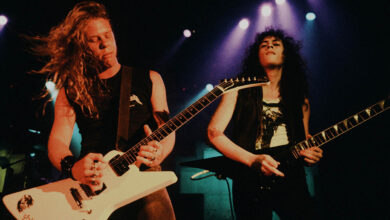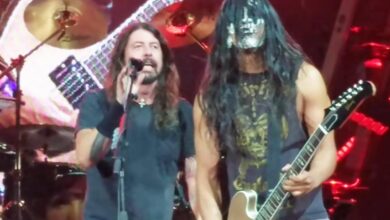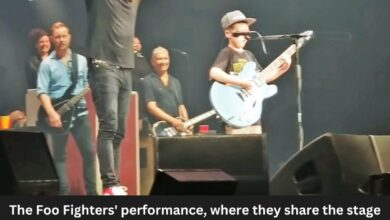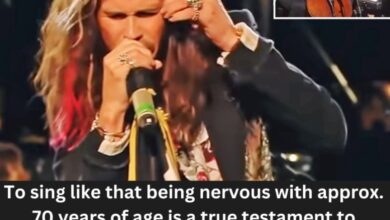The Beatles’ Last Stand: Unveiling the Legendary Rooftop Concert
The Beatles’ rooftop concert, held on January 30, 1969, is one of the most legendary live music moments in rock history, symbolizing both the pinnacle of The Beatles’ collective creativity and the beginning of their final chapter as a band. This impromptu concert took place on the roof of the Apple Corps building, the headquarters of The Beatles’ own multimedia corporation, located at 3 Savile Row in central London.
Background and Context: By 1969, The Beatles were nearing the end of their time together as a band. Tensions were high, and they had stopped touring in 1966 due to the chaos of Beatlemania, the complexities of playing live with their evolving music, and the desire to explore new artistic directions in the studio. The idea for the rooftop concert emerged during the sessions for what would eventually become the “Let It Be” album, a project initially intended to be a return to their rock ‘n’ roll roots, free from the elaborate production of their previous albums.
The Performance: Accompanied by Billy Preston on keyboard, who added a distinctive texture to the band’s sound, The Beatles played a 42-minute set that included several takes of five songs: “Get Back,” “Don’t Let Me Down,” “I’ve Got a Feeling,” “One After 909,” and “Dig a Pony.” The unannounced performance caught the lunchtime crowd and office workers in the area by surprise, creating a unique and spontaneous live music experience. The band set up their equipment on the rooftop, braving the cold weather, and started playing around lunchtime, attracting crowds on the streets below and drawing attention from the surrounding buildings.
The Impact: The performance was cut short by the police, who were called due to noise complaints from some of the nearby businesses and residents. This intervention by the authorities added an element of rebellion to the event, enhancing its legendary status. Footage of the concert, including the police’s arrival and the band’s interactions with them, was included in the “Let It Be” documentary film, providing a visual record of The Beatles’ last public performance.
Legacy: The rooftop concert is remembered not only for its spontaneity and the quality of the performance but also for its symbolic significance. It represented The Beatles’ final act as a live band, a poignant farewell to public performances, and an emblematic end to the 1960s. The event has since been referenced and recreated in various forms of media, serving as an enduring symbol of artistic freedom, innovation, and the end of an era in popular music. The rooftop concert remains a defining moment in The Beatles’ legacy, capturing the imagination of fans and musicians alike for generations.





